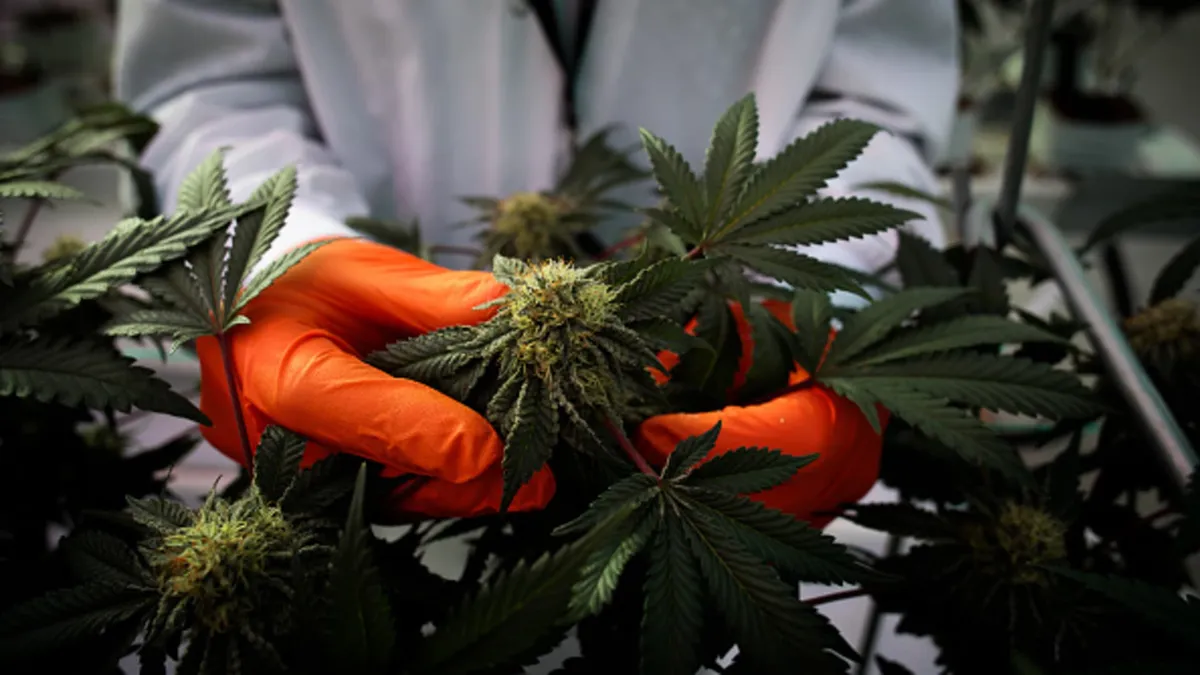
During a recent press conference, President Donald Trump announced the potential reclassification of marijuana as he revealed the deployment of the National Guard to Washington, D.C. Trump stated, "We're looking at reclassification. We'll make a determination over the next few weeks." He emphasized the complexity of the issue, indicating that it requires careful consideration.
The discussion around marijuana reclassification has created buzz in the penny stocks market, where many stocks in the sector are currently priced under a dollar per share. This low price point means that even a minor movement in stock value can result in significant percentage changes. Despite a rally on Monday, many of these stocks remain far below their all-time highs.
Publicly-traded cannabis growers and distributors experienced a surge in stock prices ahead of the press conference. This uptick was fueled by a report from the Wall Street Journal late Friday, which cited sources familiar with White House discussions about Trump's consideration to change marijuana's classification to a less dangerous category. During a fundraiser at his New Jersey golf club earlier this month, Trump disclosed his thoughts on this reclassification.
Under current federal law, cannabis is classified as a Schedule I drug, putting it in the same category as heroin and cocaine. Previous discussions about reclassification have focused on moving marijuana to Schedule III, which includes substances like steroids and Tylenol with codeine. This reclassification could significantly impact marijuana companies, allowing them to operate under different tax regulations and potentially attracting more investment interest.
Irwin Simon, CEO of Tilray, shared his insights with CNBC, expressing optimism that the reclassification process could take approximately a year. He noted that Trump's public discussion about the issue and his commitment to making a decision soon is encouraging for the cannabis industry. "Trump gets things done," Simon stated, reinforcing the belief that if the President is addressing the topic, progress is likely to follow.
While Trump’s support could enhance the likelihood of reclassification, it is important to note that he does not have the sole authority to reclassify marijuana. The Controlled Substances Act grants this power to the Attorney General, who typically delegates it to the administrator of the Drug Enforcement Administration (DEA). A shift from Schedule I to Schedule III would represent a transformative change for the estimated $80 billion marijuana market, as noted by Tim Seymour, Chief Investment Officer at Seymour Asset Management during CNBC's Worldwide Exchange.
Although the path to reclassification may be complex, Seymour pointed out that there appears to be bipartisan support for this initiative. He emphasized that investors looking at the marijuana sector now are positioning themselves ahead of a significant influx of institutional capital, making it a potentially lucrative time to invest in this evolving market.